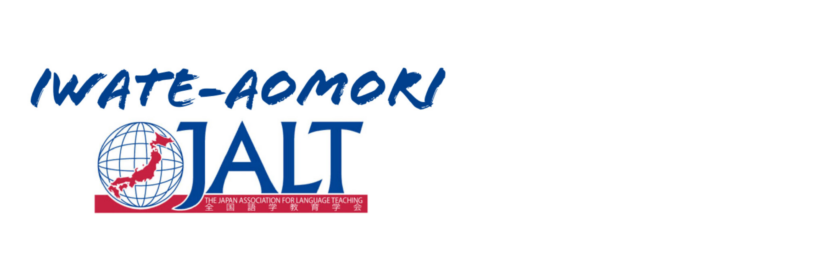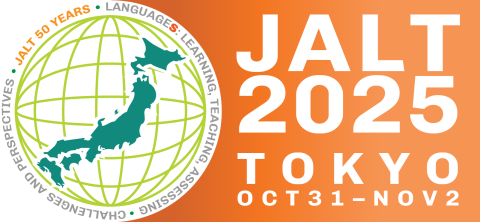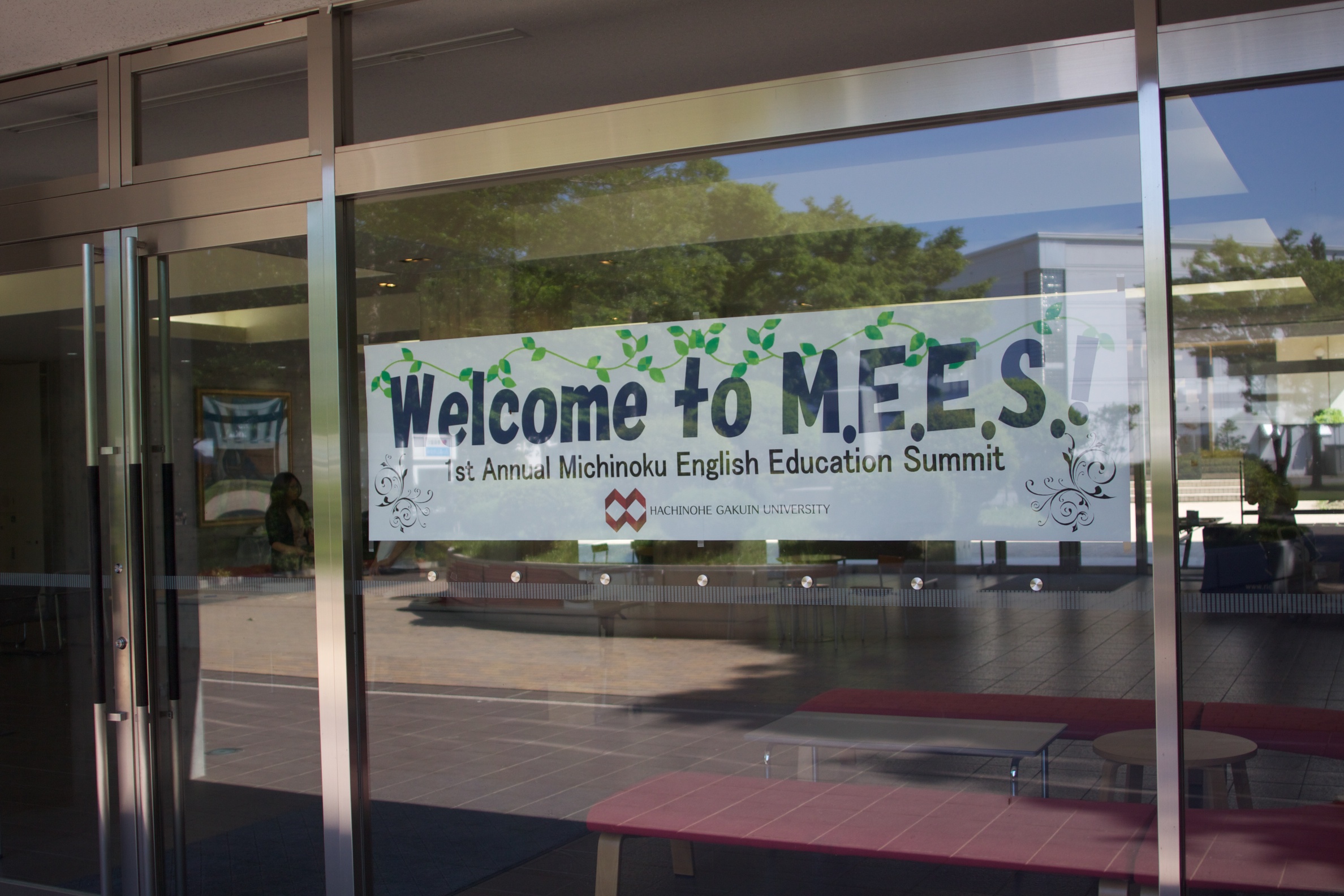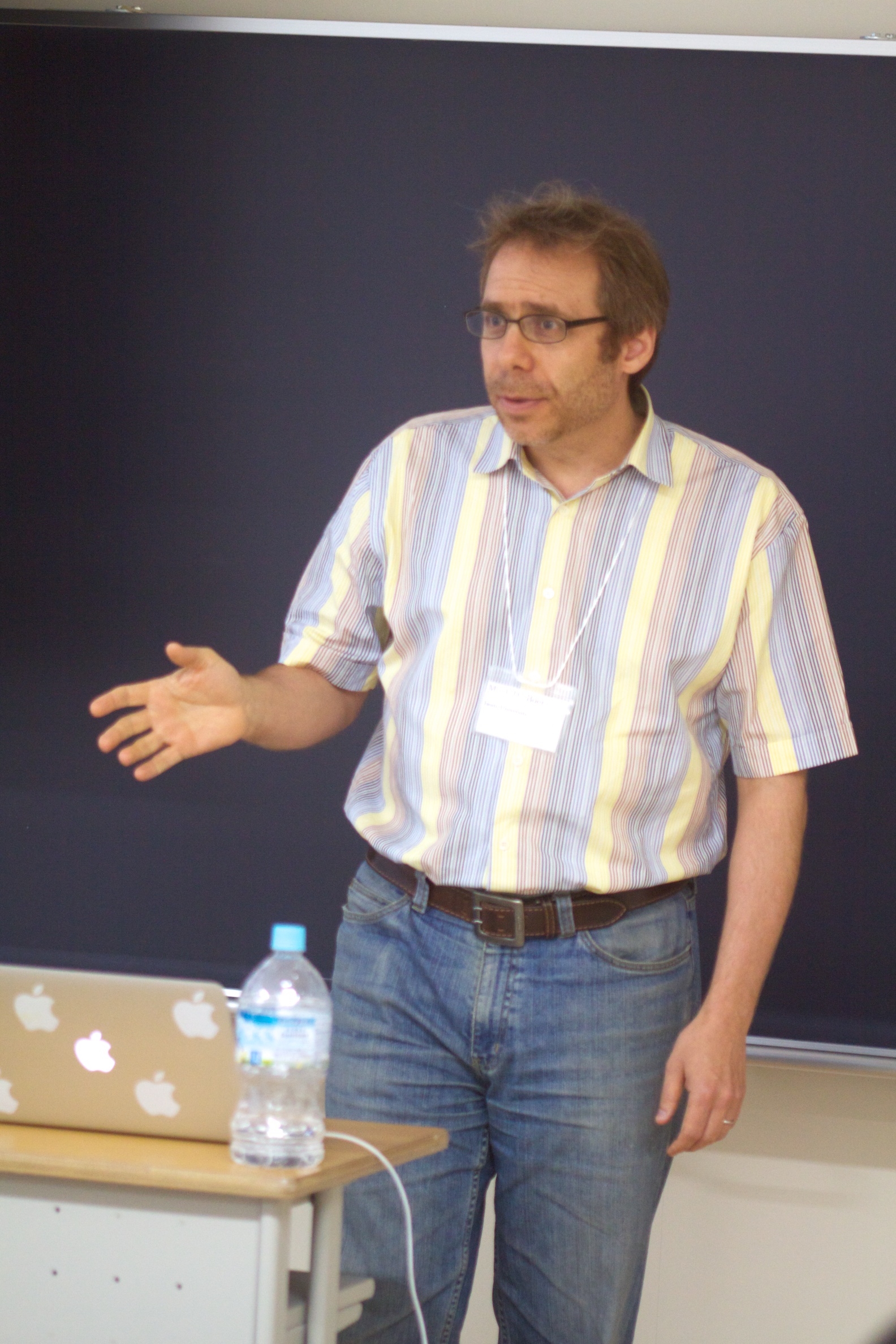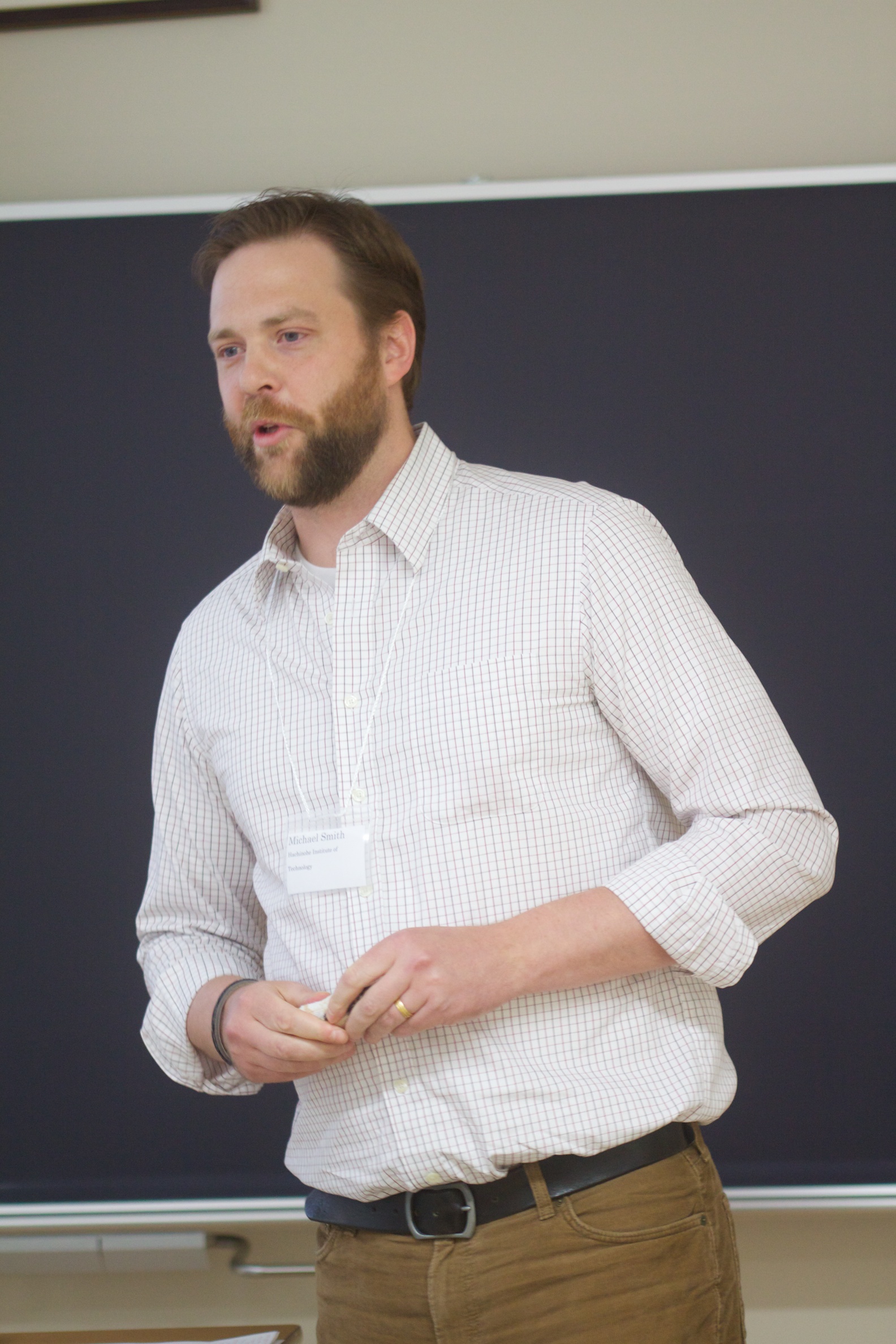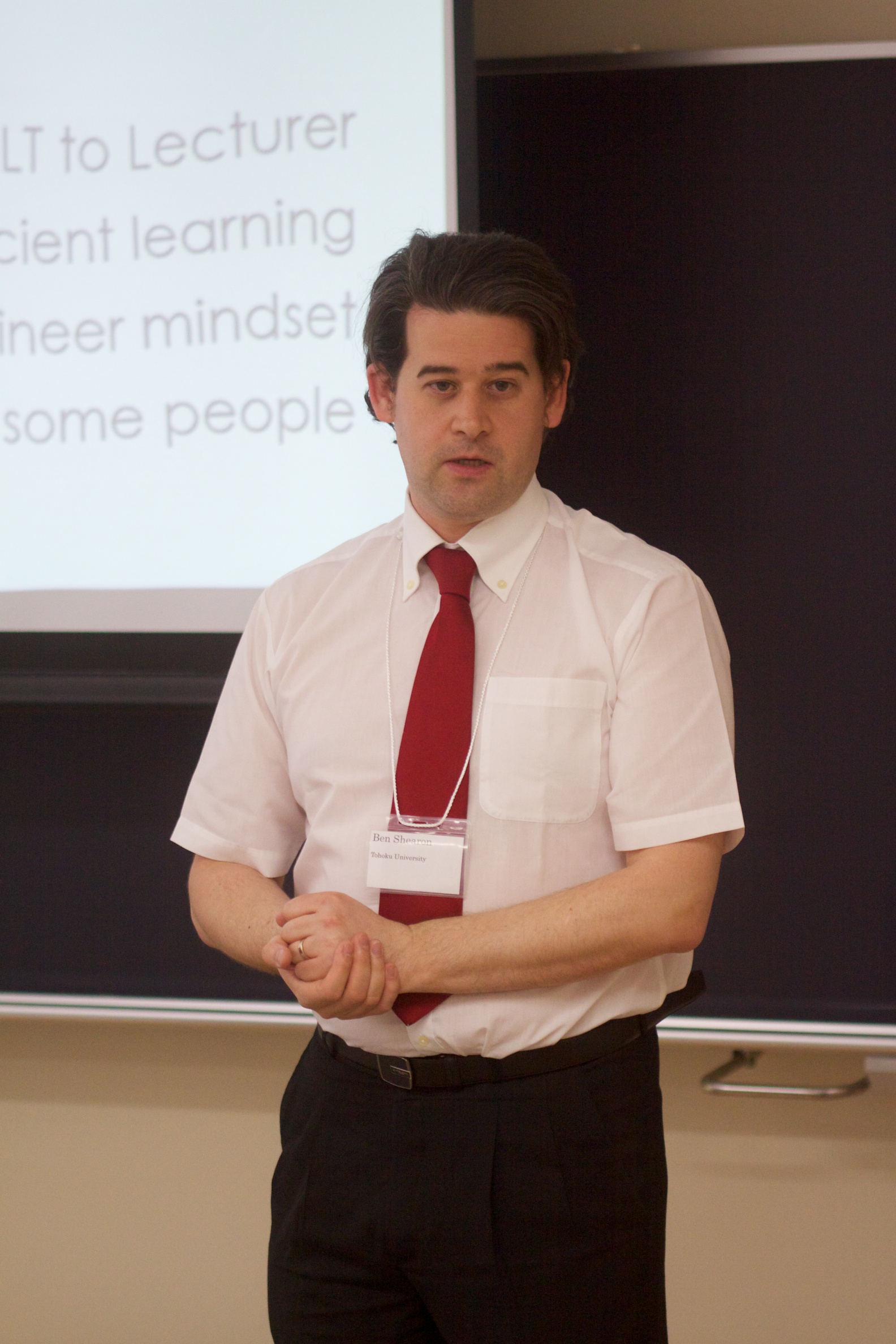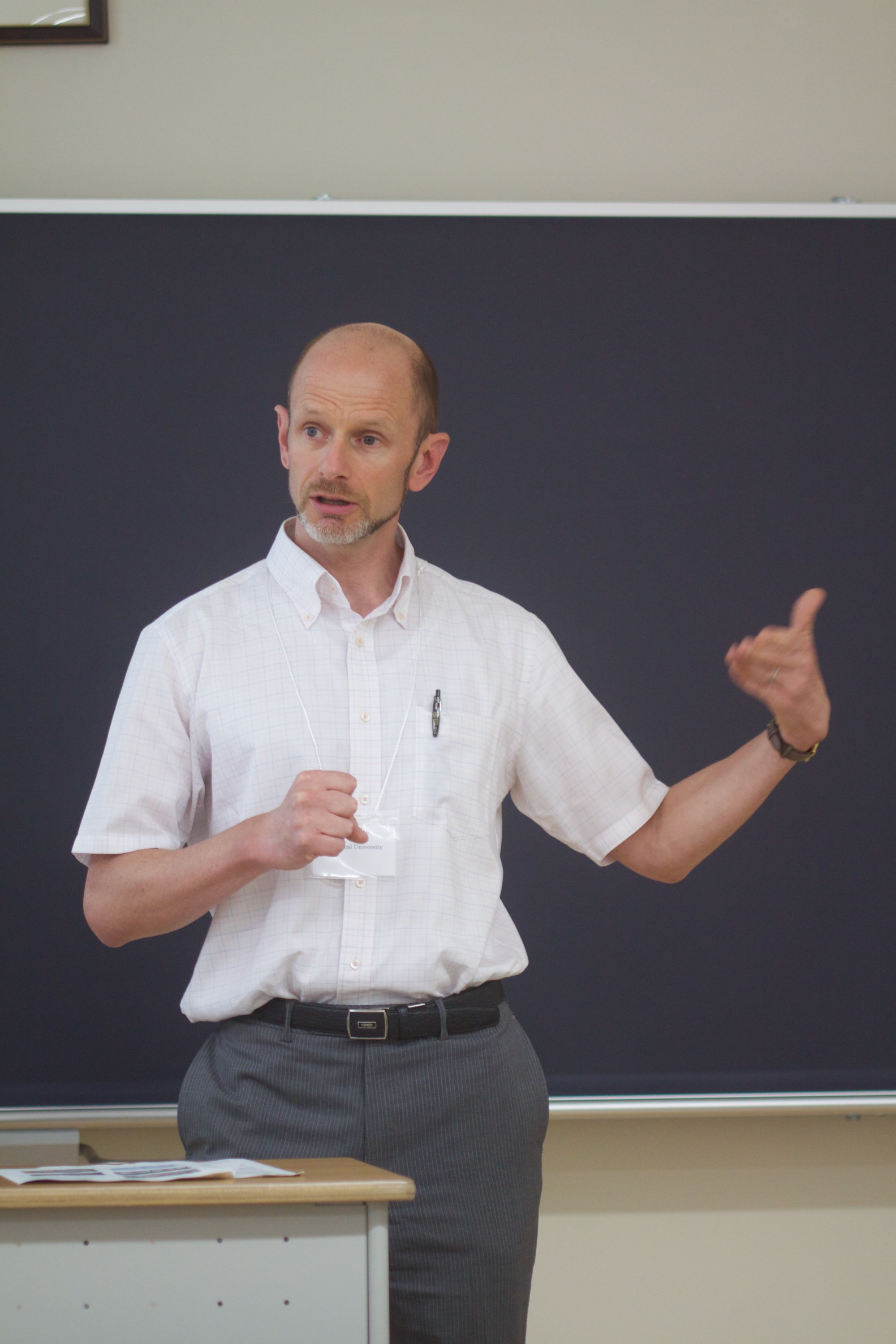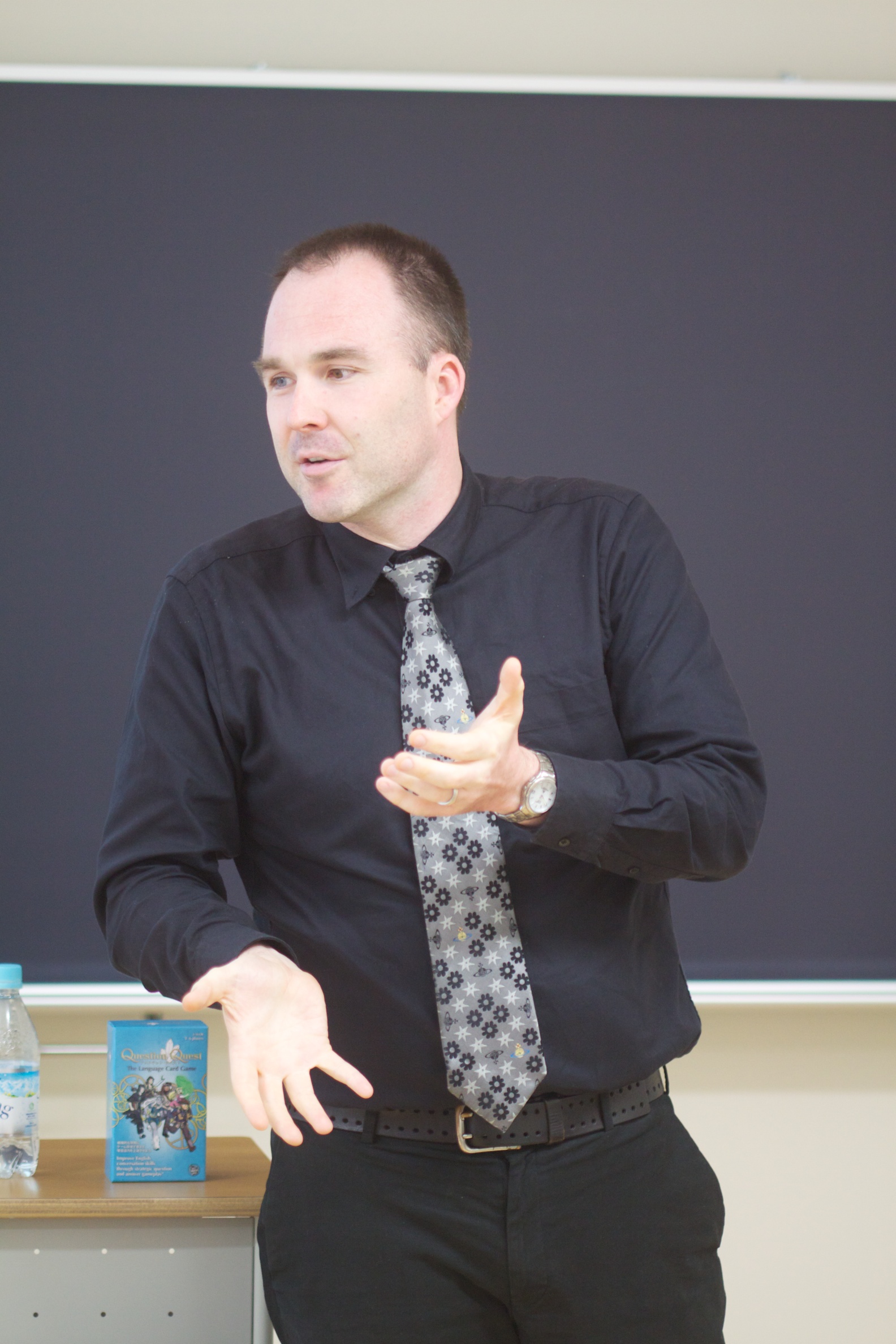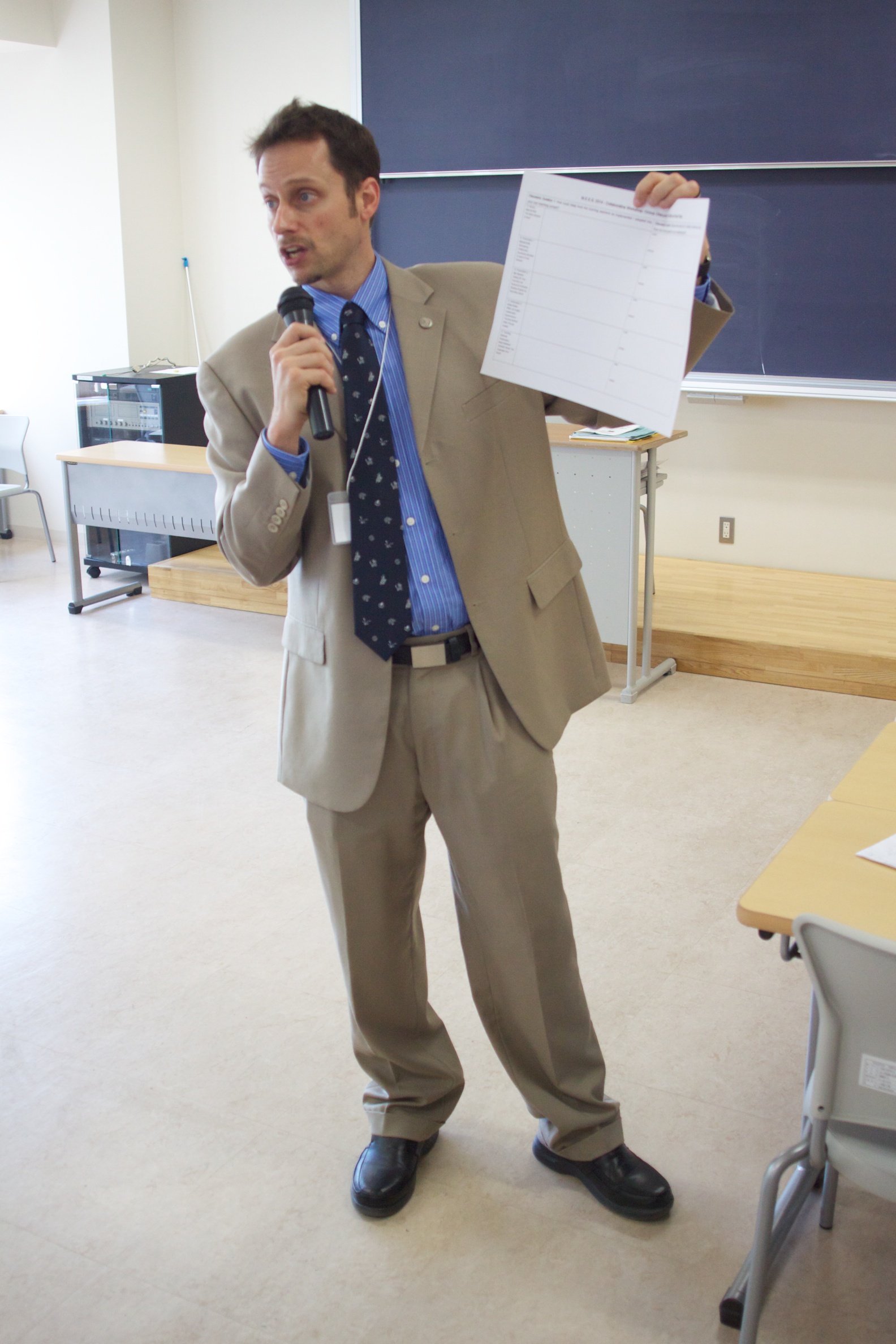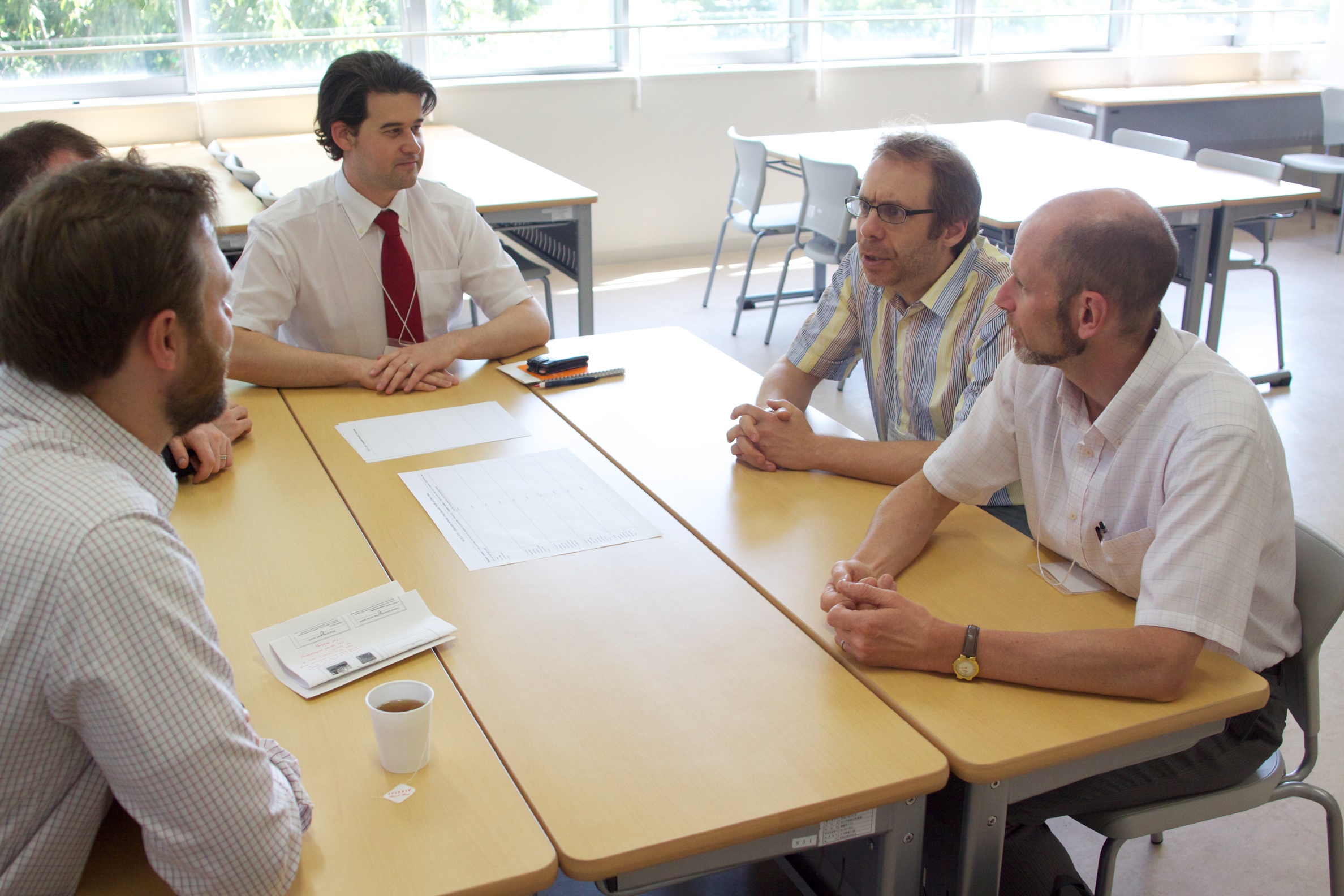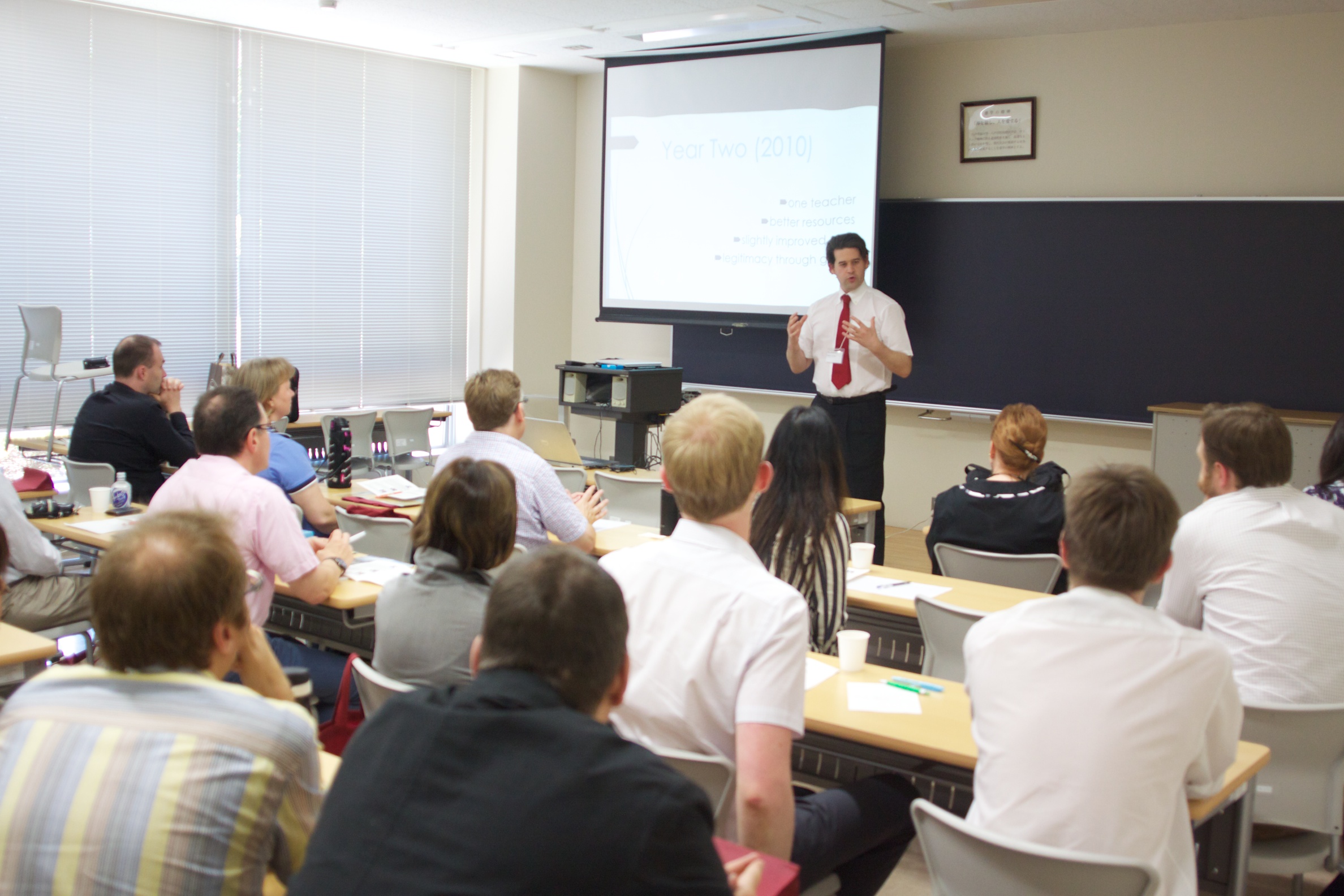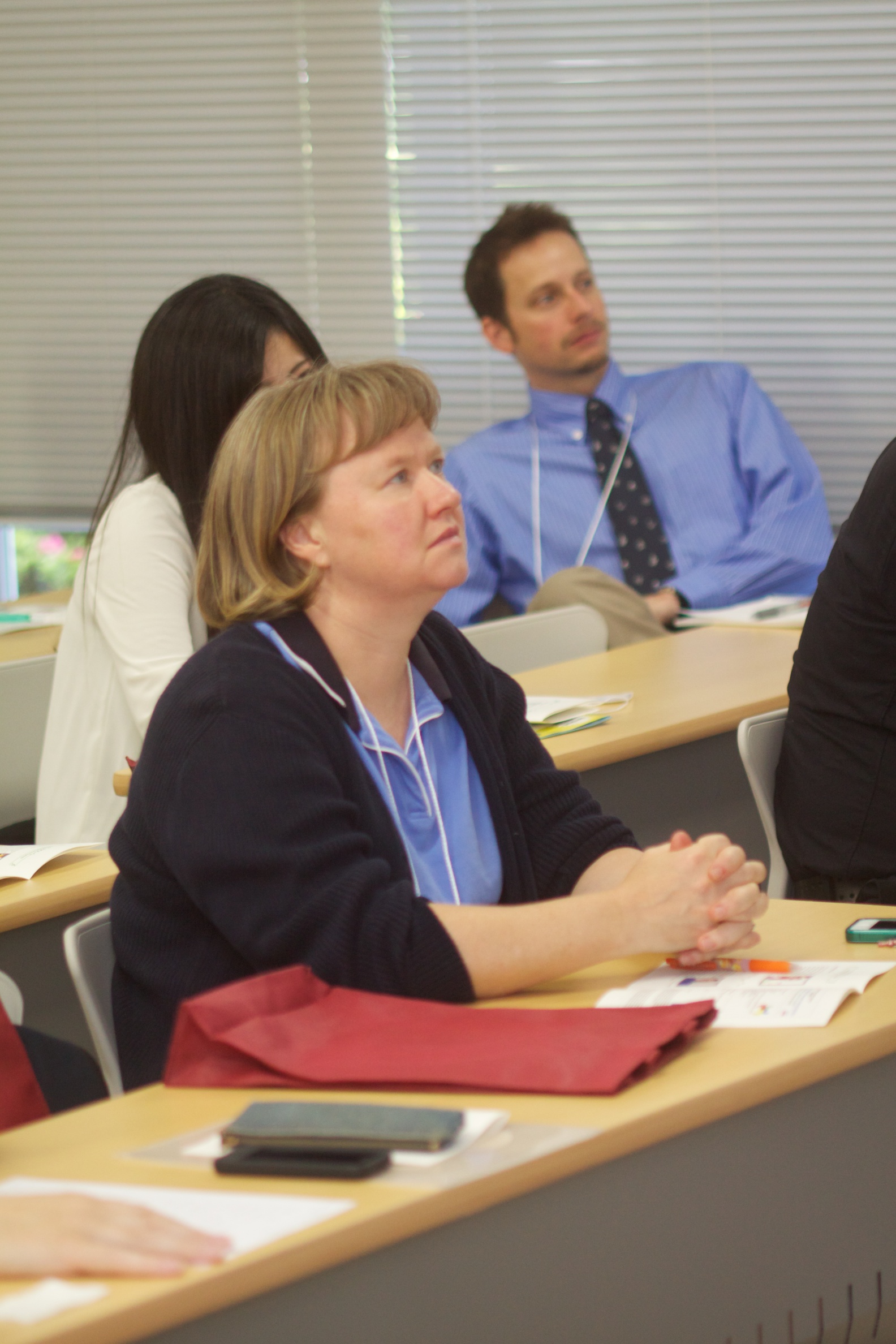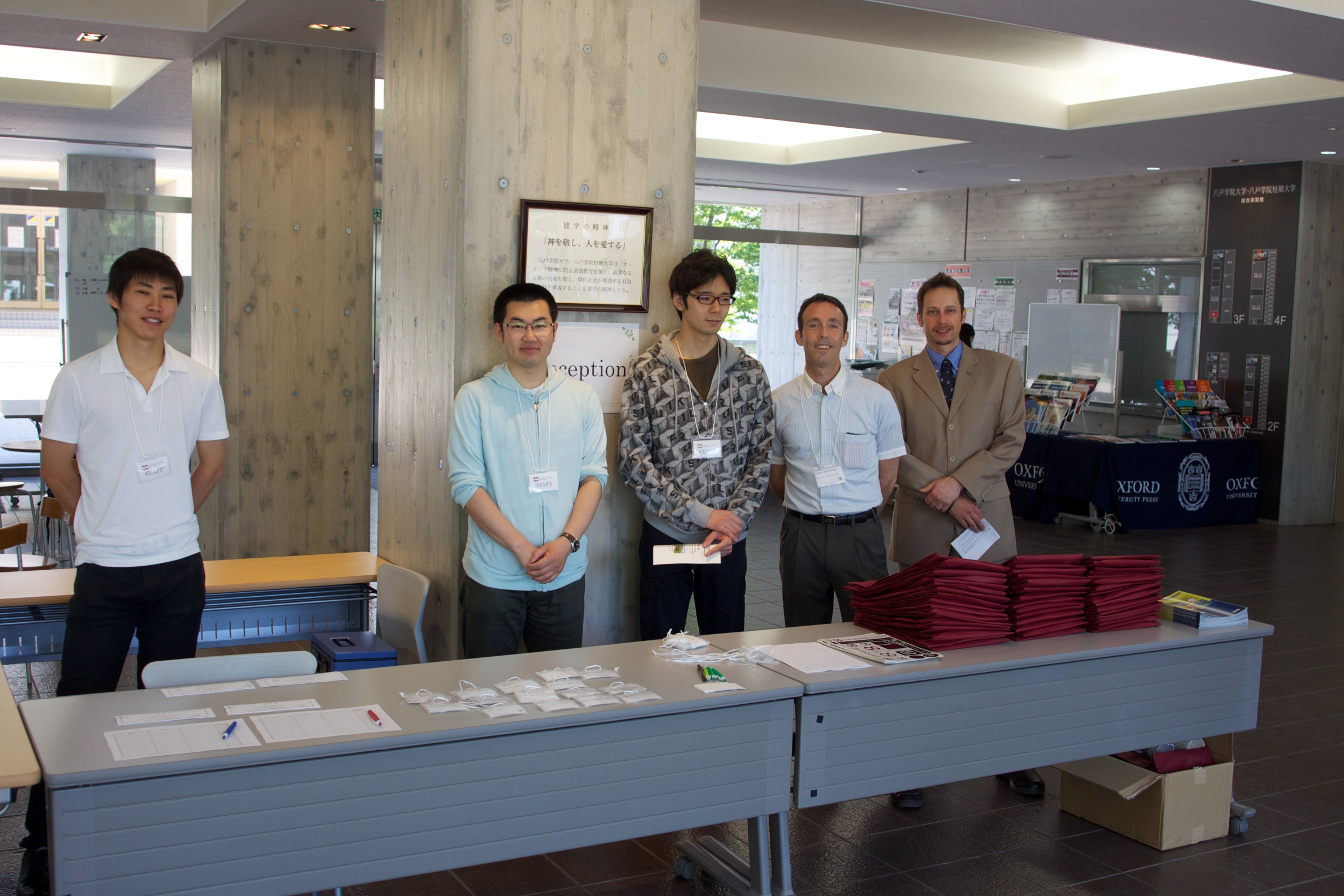Iwate JALT is happy to announce the speaker for our upcoming talk in July. We will be hosting Emiko Kaneko.
Location: AIINA, ROOM 602
Date July 27, 2014
Time: From 1:30pm – 4:00pm(13:30-16:00)
Cost: Free for JALT members. ¥1000 for non-members. ¥500
for full-time students.
Contact: iwatejalt@hotmail.com phone/fax: 019-663-3132
Abstract
In the English as a foreign language (EFL) context, learners only have limited exposure to naturally spoken English. They also have very few opportunities in which they use English naturalistically for oral communication. Considering the limited exposure to the target language and a large classroom size, speech repetition may be a useful practice for oral fluency development. Though traditionally “repeating” and “drilling” have negative connotations, more recent studies show that they have positive influence on learner oral proficiency. In this presentation, I will familiarize the audience with a series of oral dictation practice conducted in the University of Aizu and report how students’ spontaneous speech (speaking without prior preparation) changes.
外国語として英語を学ぶ場合、自然な英語に学習者が触れることは少ない。また、口頭コミュニケーションのために英語を自然に使う機会も限られている。目標言語に触れることがあまりないこと、そしてクラスが大きいことを考えると、「繰り返し」練習が口頭運用能力向上のために効果的な練習法となる可能性がある。今まで、「繰り返し」や「ドリル」と言った練習は否定的に扱われてきたが、最近の研究では学習者のスピーキングに好ましい影響を与えることが分かってきた。本発表では、会津大学で行われた、オーラルディクテーション練習を説明し、それにより学習者の自発発話(事前準備をしない発話)がどのように変化したかを報告する。
Bio:
Emiko Kaneko is a senior associate professor in the Center for Language Research at the University of Aizu, specializing in English language acquisition and instruction for EFL learners, with special interest in teaching/assessment of L2 speaking and phonology. Her Ph.D. in English comes from the University of Wisconsin – Milwaukee.
